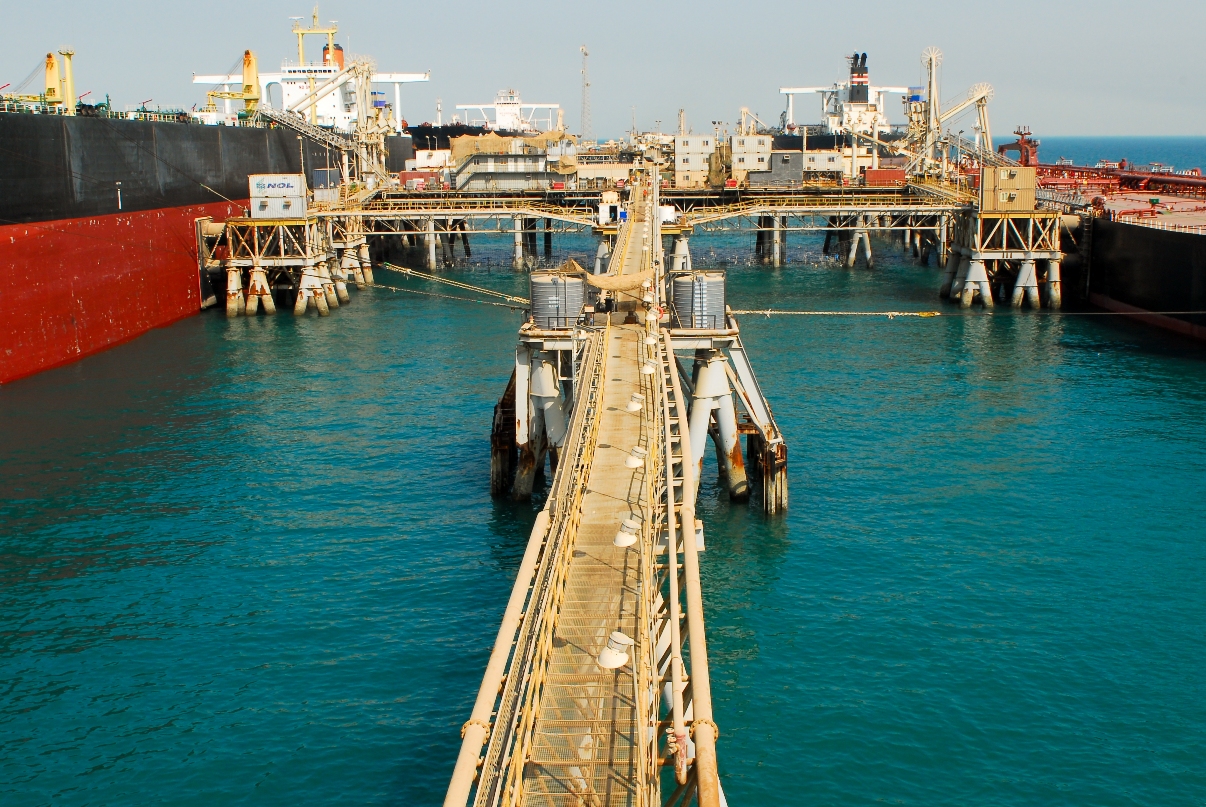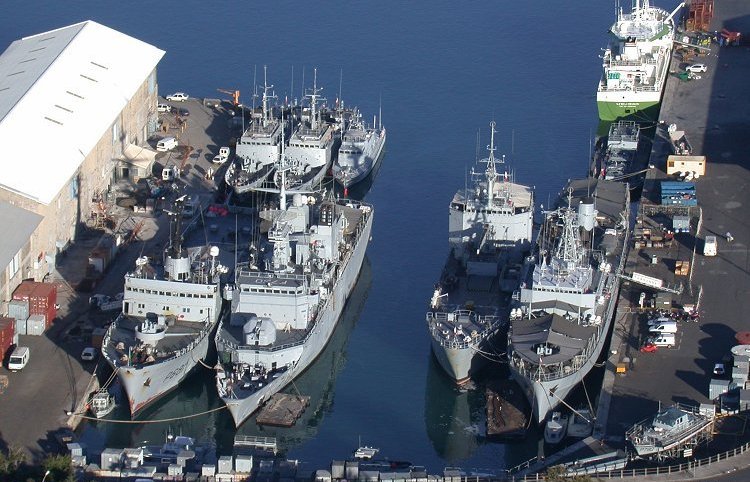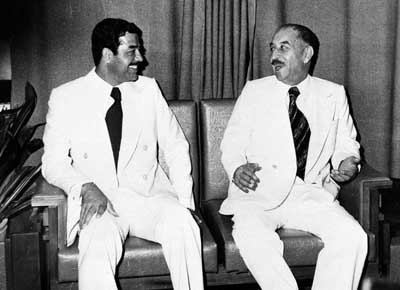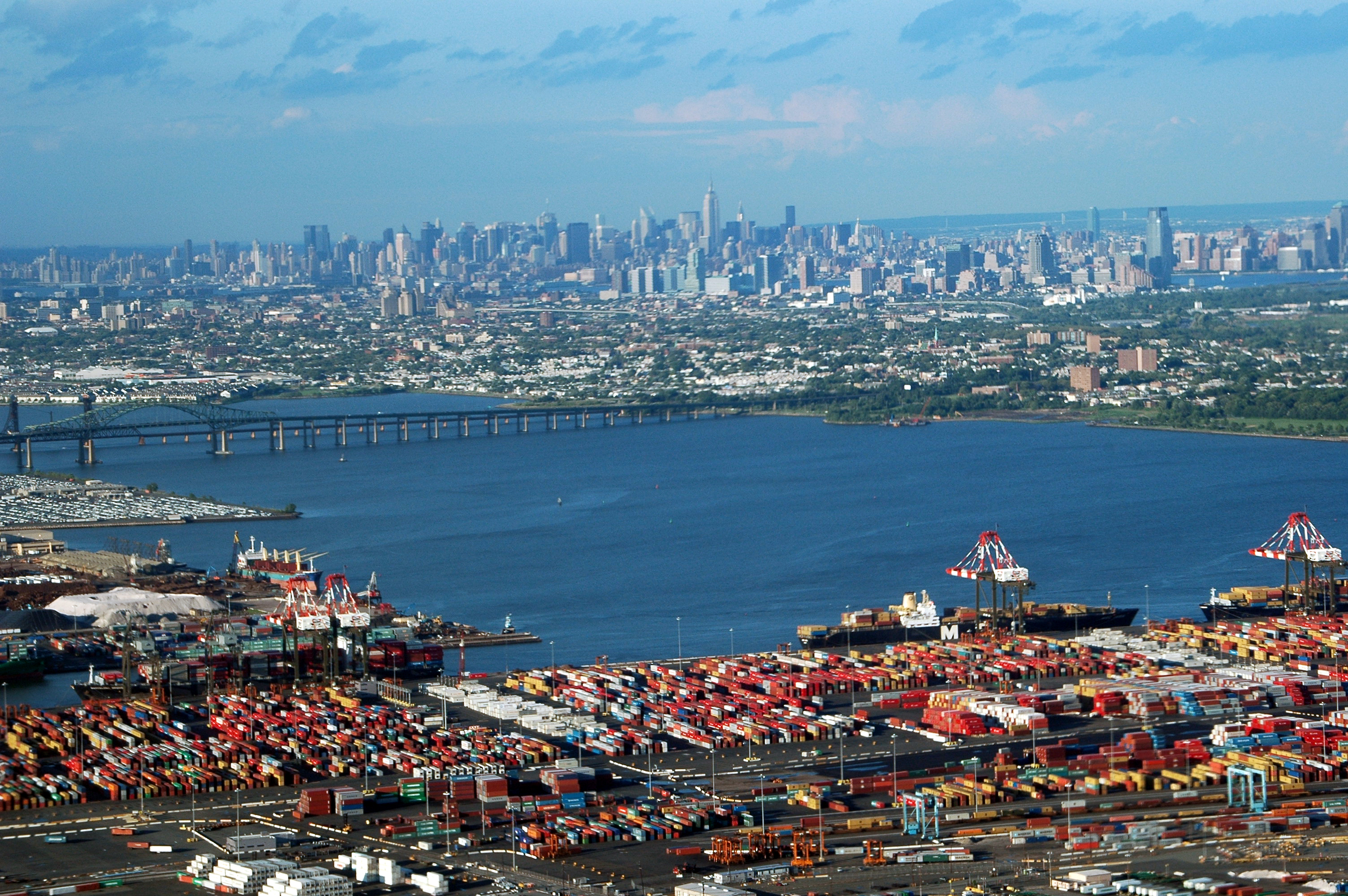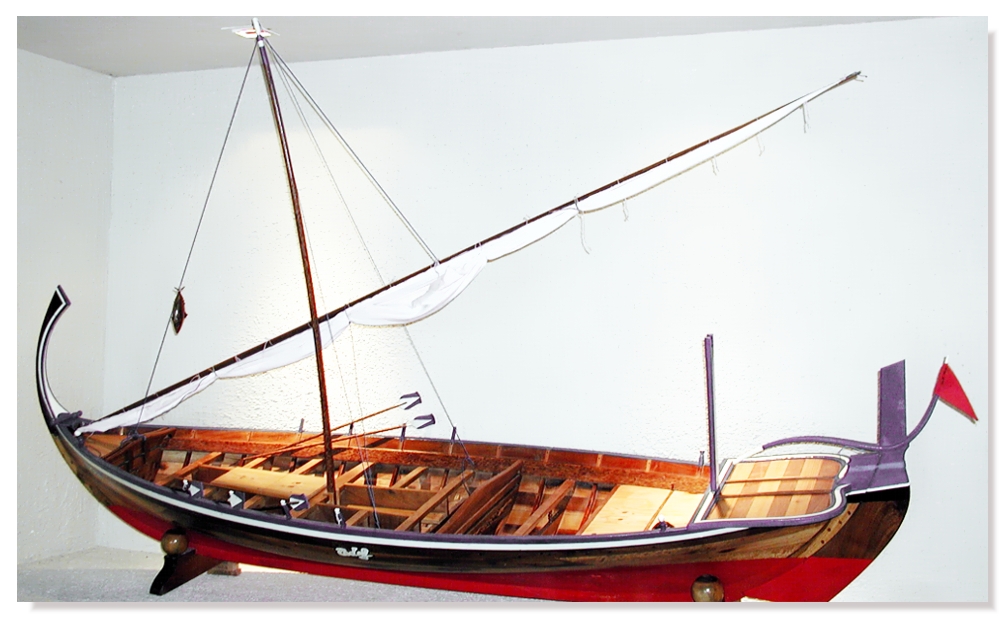|
Faw Peninsula
The Al-Faw peninsula (; also transliterated as ''Fao'' or ''Fawr'') is a peninsula in the Persian Gulf, located in the extreme southeast of Iraq. The marshy peninsula is southeast of Iraq's third largest city, Basra, and is part of a delta for the Shatt al-Arab (Arvand Rud) river, formed by the confluence of the major Euphrates and Tigris rivers. The al-Faw peninsula borders Iran to the northeast, with the cities of Abadan and Khorramshahr on the opposite side of the Shatt al-Arab, and Kuwait to the southwest, opposite from Bubiyan Island and Warbah Island, near the Iraqi city of Umm Qasr. Al-Faw, the only significant town on the peninsula and its namesake, is a fishing town and port which during Saddam Hussein's presidency featured the main naval base of the Iraqi Navy. The remainder of the al-Faw peninsula is otherwise lightly inhabited, with few civilian buildings or settlements and most of its few residents involved in the fishing, oil, or shipping industries. It is the ... [...More Info...] [...Related Items...] OR: [Wikipedia] [Google] [Baidu] |
Khorramshahr
Khorramshahr (; ) is a city in the Central District of Khorramshahr County, Khuzestan province, Iran, serving as capital of both the county and the district. It is also known in Arabic by the local ethnically Arab population as Al-Muhammarah (). Khorramshahr is an inland port city located approximately north of Abadan. The city extends to the right bank of the Shatt Al Arab waterway near its confluence with the Haffar arm of the Karun river. The city was destroyed in the Iran–Iraq War, with the 1986 census recording a population of zero. Khorramshahr was rebuilt after the war, and more recent censuses show that the population has returned to the pre-war level. History The area where the city exists today was originally under the waters of the Persian Gulf. It later became part of the vast marshlands and the tidal flats at the mouth of the Karun River. The small town known as ''Piyan'', and later ''Bayan'' appeared in the area no sooner than the late Parthian time in ... [...More Info...] [...Related Items...] OR: [Wikipedia] [Google] [Baidu] |
Al Başrah Oil Terminal
Al Başrah Oil Terminal, commonly referred to as ABOT, is a strategically critical Iraqi offshore, deep sea crude oil marine loading terminal that lies approximately southeast of the Al-Faw Peninsula in the Persian Gulf. Along with its sister terminal, the Khawr al ‘Amīyah Oil Terminal (ميناء خور العمية, alt. Khor Al Amaya Oil Terminal, Khor al-Amaya Oil Terminal, KAAOT), the terminals provide the principal point of export for more than eighty percent of Iraq's gross domestic product , and all of the oil from the southern Başrah refinery. Crude oil produced for export from the southern Iraqi oilfields is carried through three diameter pipelines to the southern tip of the al-Faw Peninsula and then undersea to the ABOT() platform. One and two pipelines supply the KAAOT() platform. The ABOT facilities can transfer up to (Mbbl) of oil per day when all four of its Oil tanker#Size categories, supertanker berths operate at maximum capacity and has a maximum ... [...More Info...] [...Related Items...] OR: [Wikipedia] [Google] [Baidu] |
Oil Tanker
An oil tanker, also known as a petroleum tanker, is a ship designed for the bulk cargo, bulk transport of petroleum, oil or its products. There are two basic types of oil tankers: crude tankers and product tankers. Crude tankers move large quantities of unrefined petroleum, crude oil from its point of extraction to oil refinery, refineries. Product tankers, generally much smaller, are designed to move refined products from refineries to points near consuming markets. Oil tankers are often classified by their size as well as their occupation. The size classes range from inland or coastal tankers of a few thousand metric tons of deadweight tonnage, deadweight (DWT) to ultra-large crude carriers (ULCCs) of . Tankers move approximately of oil every year.UNCTAD 2006, p. 4. Second only to pipeline transport, pipelines in terms of efficiency,Huber, 2001: 211. the average cost of transport of crude oil by tanker amounts to only US. Some specialized types of oil tankers have evolved. On ... [...More Info...] [...Related Items...] OR: [Wikipedia] [Google] [Baidu] |
Petroleum Industry
The petroleum industry, also known as the oil industry, includes the global processes of hydrocarbon exploration, exploration, extraction of petroleum, extraction, oil refinery, refining, Petroleum transport, transportation (often by oil tankers and pipeline transport, pipelines), and Downstream (petroleum industry)#Marketing, marketing of list of crude oil products, petroleum products. The largest volume products of the industry are fuel oil and gasoline (petrol). Petroleum is also the raw material for many petrochemical, chemical products, including pharmaceutical drug, pharmaceuticals, solvents, fertilizers, pesticides, synthetic Aroma compound, fragrances, and plastics. The industry is usually divided into three major components: upstream (petroleum industry), upstream, midstream, and downstream (petroleum industry), downstream. Upstream regards exploration and extraction of Petroleum, crude oil, midstream encompasses transportation and Oil terminal, storage of crude, and dow ... [...More Info...] [...Related Items...] OR: [Wikipedia] [Google] [Baidu] |
Iraqi Navy
The Iraqi Navy (), is the naval warfare service branch of the Iraqi Armed Forces, Armed forces of Iraq. Formed in 1937, initially as the ''Iraqi Coastal Defense Force,'' its primary responsibilities was the protection of Iraq's coastline and offshore assets, the official name was changed on 12 January 2005 to the Iraqi Navy. As of February 2024, the navy had approximately 3,000 sailors and marines which form an Operational headquarters, five afloat squadrons, and two Marines (military), marine battalions. Headed by Rear Admiral Muhammad Jawad, the navy had plans to build six Al Uboor class patrol boat, ''Al Uboor''-class patrol boats in Baghdad, with the first of the boats to enter service in September 2005. This project however, was ultimately canceled. Additionally, two Assad class corvette, ''Assad''-class corvettes built for Iraq in the 1980s by Italy were originally planned to be delivered sometime around 2006–2007. The ships however, were found to be in a worse state tha ... [...More Info...] [...Related Items...] OR: [Wikipedia] [Google] [Baidu] |
Naval Base
A naval base, navy base, or military port is a military base, where warships and naval ships are docked when they have no mission at sea or need to restock. Ships may also undergo repairs. Some naval bases are temporary homes to aircraft that usually stay on ships but are undergoing maintenance while the ship is in port. In the United States, the United States Department of the Navy's General Order No. 135 issued in 1911 as a formal guide to naval terminology described a naval station as "any establishment for building, manufacturing, docking, repair, supply, or training under control of the Navy. It may also include several establishments". A naval base, by contrast, was "a point from which naval operations may be conducted". In most countries, naval bases are expressly named and identified as such. One peculiarity of the Royal Navy and certain other navies which closely follow British naval traditions is the concept of the stone frigate: a naval base on land that is named like ... [...More Info...] [...Related Items...] OR: [Wikipedia] [Google] [Baidu] |
Saddam Hussein
Saddam Hussein (28 April 1937 – 30 December 2006) was an Iraqi politician and revolutionary who served as the fifth president of Iraq from 1979 until Saddam Hussein statue destruction, his overthrow in 2003 during the 2003 invasion of Iraq, U.S. invasion of Iraq. He previously served as the Vice President of Iraq, vice president from 1968 to 1979 and also as the prime minister of Iraq, prime minister from 1979 to 1991 and later from 1994 to 2003. A leading member of the Ba'ath Party, Arab Socialist Ba'ath Party, he espoused Ba'athism, a mix of Arab nationalism and Arab socialism, while the policies and political ideas he championed are collectively known as Saddamism. Born near the city of Tikrit to a Sunni Islam, Sunni Arabs, Arab family, Saddam joined the revolutionary Ba'ath Party in 1957. He played a key role in the 17 July Revolution that brought the Ba'athists to power and made him Vice President of Iraq, vice president under Ahmed Hassan al-Bakr. During his tenure ... [...More Info...] [...Related Items...] OR: [Wikipedia] [Google] [Baidu] |
Port
A port is a maritime facility comprising one or more wharves or loading areas, where ships load and discharge cargo and passengers. Although usually situated on a sea coast or estuary, ports can also be found far inland, such as Hamburg, Manchester and Duluth; these access the sea via rivers or canals. Because of their roles as ports of entry for immigrants as well as soldiers in wartime, many port cities have experienced dramatic multi-ethnic and multicultural changes throughout their histories. Ports are extremely important to the global economy; 70% of global merchandise trade by value passes through a port. For this reason, ports are also often densely populated settlements that provide the labor for processing and handling goods and related services for the ports. Today by far the greatest growth in port development is in Asia, the continent with some of the world's largest and busiest ports, such as Singapore and the Chinese ports of Shanghai and Ningbo-Zhoushan. As ... [...More Info...] [...Related Items...] OR: [Wikipedia] [Google] [Baidu] |
Fishing Town
A fishing village is a village, usually located near a fishing ground, with an economy based on catching fish and harvesting seafood. The continents and islands around the world have coastlines totalling around 356,000 kilometres (221,000 mi). From Neolithic times, these coastlines, as well as the shorelines of inland lakes and the banks of rivers, have been punctuated with fishing villages. Most surviving fishing villages are traditional. Characteristics Coastal fishing villages are often somewhat isolated, and sited around a small natural harbour which provides a safe haven for a village fleet of fishing boats. The village needs to provide a safe way of landing fish and securing boats when they are not in use. Fishing villages may operate from a beach, particularly around lakes. For example, around parts of Lake Malawi, each fishing village has its own beach. If a fisherman from outside the village lands fish on the beach, he gives some of the fish to the village headm ... [...More Info...] [...Related Items...] OR: [Wikipedia] [Google] [Baidu] |
Al-Faw
Al-Fāw (; sometimes transliterated as ''Fao'') is a port town on Al-Faw Peninsula in Iraq near the Shatt al-Arab and the Persian Gulf. The Al Faw Peninsula is part of the Basra Governorate. History The town lies at the south-east end of the Al-Faw Peninsula on the right bank of the Shatt al-Arab, a few kilometres away from the Persian Gulf. The town, as well as the whole Faw Peninsula, was the scene of armed conflict during World War I, the Iran–Iraq War, the Persian Gulf War, and the Iraq War due to its strategic position at the entrance of the Shatt al-Arab. The city was extensively damaged during the Iraq-Iran war, but in 1989 it was rebuilt in four months to a completely new city plan.Barakat, S. Analysis on Findings from the Post-War Reconstruction Campaigns at Basrah and Fao, Irak. ICOMOS Scientific Journal, 3, 1994, 102-112 See also * Grand Faw Port * Al-Faw Palace * Umm Qasr Umm Qasr (, also transliterated as ''Um-qasir'', ''Um-qasser, Um Qasr. Kurdish: ... [...More Info...] [...Related Items...] OR: [Wikipedia] [Google] [Baidu] |
Umm Qasr
Umm Qasr (, also transliterated as ''Um-qasir'', ''Um-qasser, Um Qasr. Kurdish: ئومقەسڕ, Ûmqêsir'') is a port city in southern Iraq. It stands on the canalised Khawr az-Zubayr, part of the Khawr Abd Allah estuary which leads to the Persian Gulf. It is separated from the border of Kuwait by a small inlet. A bridge across the waterway linked the port with Kuwait prior to the 1991 Persian Gulf War. History Village to port Umm Qasr was originally a small fishing town, but was used as a military port on several occasions before advancing trades and jobs by building a deep-water port on the coast. It was said to have been the site of Alexander the Great's landing in Mesopotamia in 325 BC. During the Second World War a temporary port was established there by the Allies to unload supplies to dispatch to the Soviet Union. It fell back into obscurity after the war, but the government of King Faisal II sought to establish a permanent port there in the 1950s. After the Iraqi ... [...More Info...] [...Related Items...] OR: [Wikipedia] [Google] [Baidu] |

